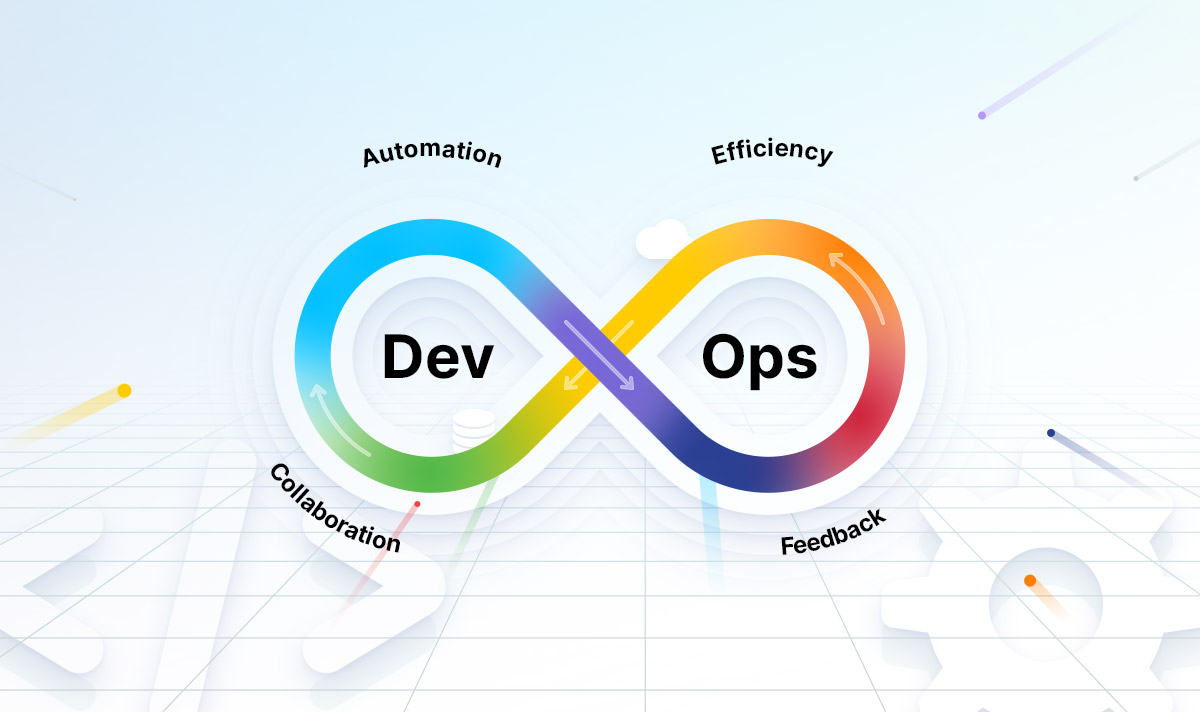What is Code Performance?
Code performance is “the amount of useful work accomplished estimated in terms of time needed, resources used, etc.” In the context of this blog, the time needed directly depends on how the code uses the CPU, and the resources used refer to the computer memory.
Why Is Code Performance Important?
Streamlining code is like purchasing a quicker vehicle. Subsequently, our code executes all the more quickly, and our site or application burns through less memory than previously. Albeit the enhancement cycle might require extra time and cash, the outcome is a superior encounter, for engineers as well as for end clients.
Better Code Readability
Readability is an important aspect of code maintainability. Messy code with impromptu arranging is difficult to peruse, subsequently difficult to see, particularly for engineers who are new to a venture.
What are algorithms?
Algorithms (as you may know) are steps of how to do a few errands. For instance, when you cook, you follow a formula to set up a dish. In the event that you play a game, you are concocting procedures to help you win. In like manner, calculations in PCs are a bunch of directions used to take care of an issue.
Algorithms are instructions to perform a task
There are “good” and “bad” algorithms. The great ones are quick; the terrible ones are slow. Slow calculations cost more cash and make a few computations unthinkable in our life expectancy
We will investigate the essential ideas of calculations. Additionally, we will figure out how to recognize “quick” from “slow” ones. Far superior, you will actually want to “measure” your calculations’ presentation and further develop them!
How to improve your coding skills?
The initial step to further develop something is to quantify it.
How do you “measure” your code? Would you clock “how long” it requires to run?
Consider the possibility that you are running a similar program on a cell phone or a quantum PC. A similar code will give you various outcomes.
To respond to these inquiries, we need to nail a few ideas first, similar to time intricacy!
Time complexity
Time intricacy (or running time) is the assessed time a calculation takes to run. Nonetheless, you don’t quantify time intricacy in short order, yet as an element of the info.
The time intricacy isn’t tied in with timing what amount of time the calculation requires. All things being equal, the number of activities are executed. The quantity of directions executed by a program is influenced by the information’s size and how its components are orchestrated.
Now why the time intricacy is communicated as an element of the info? Indeed, suppose you need to sort a variety of numbers. In the event that the components are now arranged, the program will perform fewer tasks. Actually, if things are backward requests, it will require more opportunity to figure everything out. The time a program takes to execute is straightforwardly identified with the information size and its game plan.
We can say for every calculation have the accompanying running occasions:
Most pessimistic scenario time intricacy (e.g., input components in turned around request)
Best-case time intricacy (e.g., currently arranged)
Normal case time intricacy (e.g., components in arbitrary request)
We for the most part care more with regards to the most pessimistic scenario time intricacy (We pray for divine intervention however getting ready for the most noticeably terrible).
Calculating time complexity
Following code example for how to calculate the time complexity and find the smallest number from an array
/**
* Get the smallest number from an array of numbers
*/
function getMin(n) {
const array = Array.from(n);
let min;
array.forEach(element => {
if(min === undefined || element < min) {
min = element;
}
});
return min;
}
We can address getMin as an element of the size of the info n dependent on the number of activities it needs to perform. For effortlessness, how about we expect that each line of code takes a similar measure of time in the CPU to execute.
Let’s make the sum:
Line 6 = 1 operation
Line 7 = 1 operation
Line 9 to 13 = it is a loop that executes n times
Line 10 = 1 operation
Line 11 = this one is tricky. It is inside a conditional.
We will assume the worst case where the array is sorted in descending order.
The condition (if block) will be executed each time. Thus, one operation
Line 14 = 1 operation
big O cheatsheet






